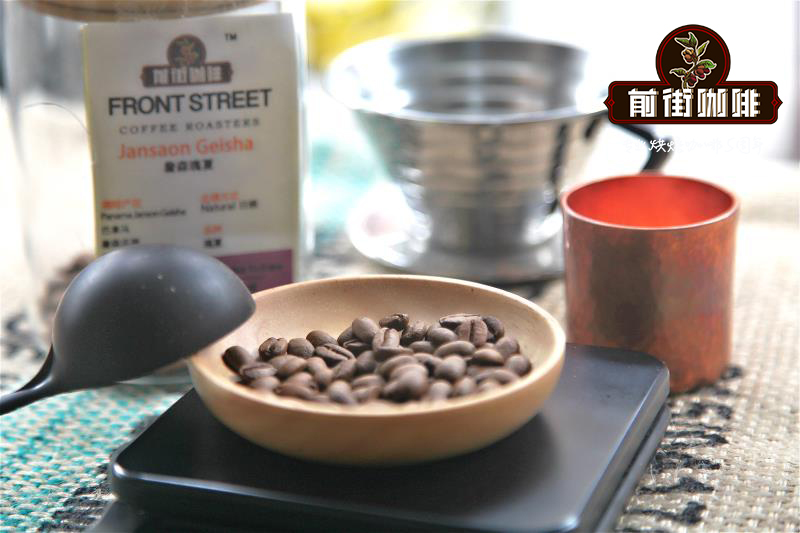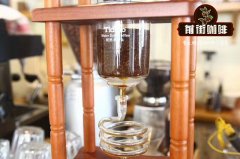Coffee bean trading mode there are several coffee bean auction trading modes are fair and fair?

Professional coffee knowledge exchange more coffee bean information please follow the coffee workshop (Wechat official account cafe_style)
Import and export model
Exporters may be independent producers, farmers' cooperatives, or third-party exporters. They trade with importers and sell them directly to bean bakers, but only importers have the connections and capital to buy a large number of beans, so bean bakers usually have to rely on importers to steadily obtain high-quality beans from all over the world.
The importer buys large quantities of beans, puts them in stock and sells them to the baker. If raw beans are bought according to the trading mode of import and export, importers will have a wealth of information about each partner, including their rich season, the types of coffee they grow, and the amount of coffee beans that can be traded at present. If this information is accurate, on the one hand, it can trace the product quality, and on the other hand, it can increase the product credit.
In order to make information transparent and strengthen the relationship between bakers and producers, direct trade has become a trend, but importers can also bring benefits to producers. Because importers are large professional companies, they have enough resources to handle large-scale logistics, cross-border tariffs and similar cumbersome processes, which can be troublesome for bean bakers who plan to trade directly.
The involvement of importers also means a longer supply chain and more people carve up profits, but an increased role is not necessarily a bad thing: direct trade between a single producer and a bean baker seems ideal, but if there are obstacles, multi-party intervention can make goods flow more smoothly.
Some importers are also committed to information transparency and may even introduce bean bakers to cooperative producers.
Direct trade
If the producer sells the raw beans directly to the baker (whether it is a single baker or a coffee cooperative), it is a direct trade. In theory, skipping middlemen and importers makes the information more transparent and makes it easier to trace goods. The buyer can visit the place of origin, evaluate the goods and establish a relationship with the farmers.
Direct trade should depress the value of transactions, make information more transparent and, if smooth, establish long-term trade relationships. But remember, direct trade also has risks. If there is no intermediary to regulate it, buyers and sellers have to trust each other more in order to make a smooth transaction, and the risk of failing the transaction is higher. Bean bakers and producers should also learn to understand business processes, goods import processes, and logistics. The manufacturer shall ensure that the buyer adheres to quality and integrity. Sometimes, in order to establish a long-term relationship with the manufacturer, the buyer has no choice but to risk paying in advance.
In marketing terminology, the word "direct trade" is also controversial. Sometimes, importers and exporters exclude producers in negotiations, but still boast that their goods are "direct trade".
The use of this label is unregulated, so the true meaning of "direct trade" is sometimes ambiguous and sometimes it is not easy to assess whether producers are making more profits. In theory, excluding the mid-market traders should make more profits on behalf of the producers, but in direct trade, the transaction price of coffee is negotiable and there is no control, and the transaction amount is not necessarily as high as consumers think. It can also be more time-consuming and risky for producers, especially if the baker only wants to buy a small amount of beans.
This does not mean that direct trade is useless, but there are still many producers who benefit from it. But remember it has its pros and cons. The meaning of direct trade varies from person to person. I think we should focus on establishing a mutually beneficial relationship. Its starting point is to give everyone, especially producers, an equal position in the market.
Important Notice :
前街咖啡 FrontStreet Coffee has moved to new addredd:
FrontStreet Coffee Address: 315,Donghua East Road,GuangZhou
Tel:020 38364473
- Prev

The term coffee flavor description: does coffee flavor diversity depend on smell or drink?
Professional coffee knowledge exchange more coffee bean information please follow the coffee workshop (Wechat official account cafe_style) when we have sensory classes, we are arranged to smell dozens of small bottles full of fragrance, and are asked to test the smell in memory. The association and memory searched by the brain will remind us of the fragrance of every bottle we have smelled.
- Next

What kind of challenge will Philharmonic's competitor Australian upstart-D Special pressure give Philharmonic pressure?
Professional coffee knowledge exchange more coffee bean information Please follow the coffee workshop (Wechat official account cafe_style) for a long time, no competitor can compete with the Philharmonic pressure. Philharmonic pressure is a portable condenser that is loved by countless fans around the world. But with the advent of D Special pressure boldly, all that has changed. D special pressure has been produced with Philharmonic pressure.
Related
- Beginners will see the "Coffee pull flower" guide!
- What is the difference between ice blog purified milk and ordinary milk coffee?
- Why is the Philippines the largest producer of crops in Liberia?
- For coffee extraction, should the fine powder be retained?
- How does extracted espresso fill pressed powder? How much strength does it take to press the powder?
- How to make jasmine cold extract coffee? Is the jasmine + latte good?
- Will this little toy really make the coffee taste better? How does Lily Drip affect coffee extraction?
- Will the action of slapping the filter cup also affect coffee extraction?
- What's the difference between powder-to-water ratio and powder-to-liquid ratio?
- What is the Ethiopian local species? What does it have to do with Heirloom native species?

